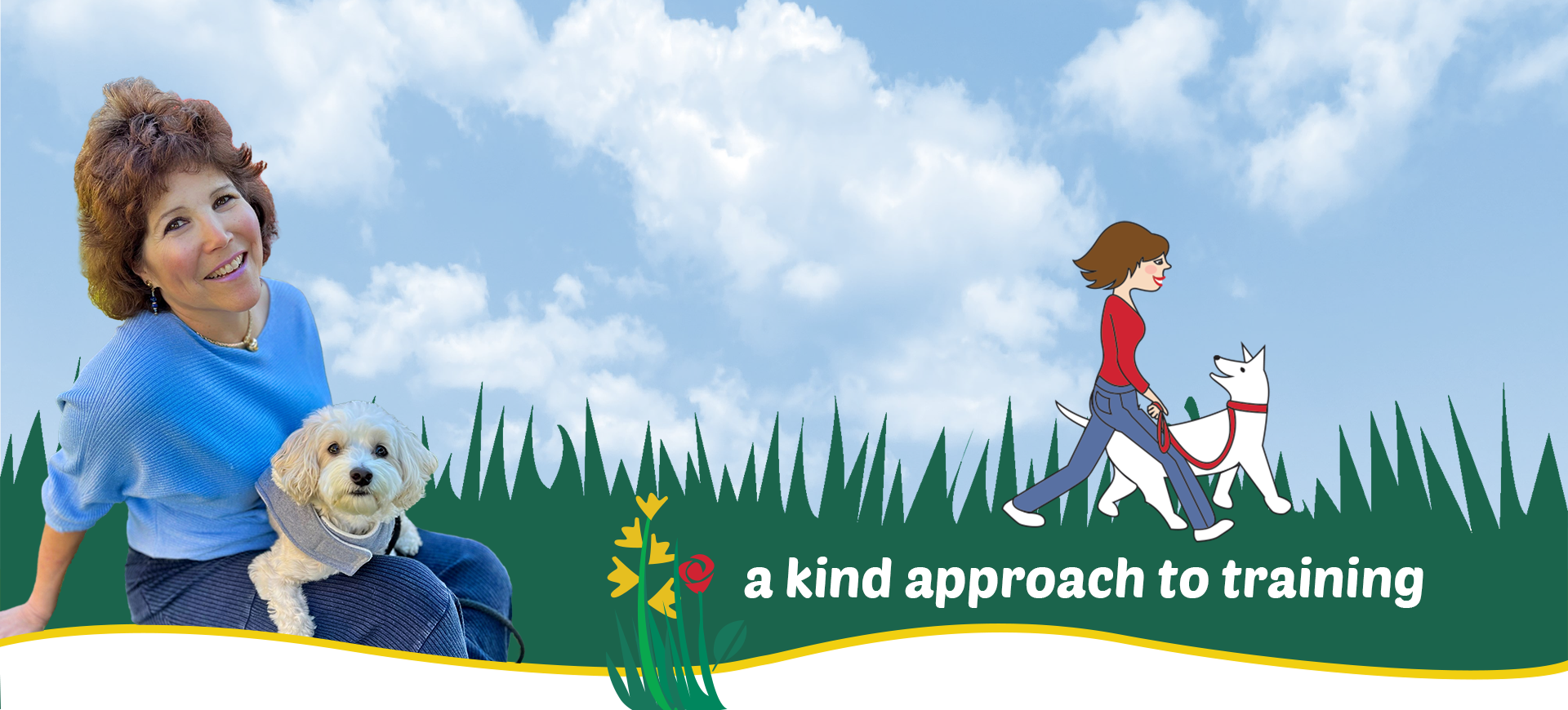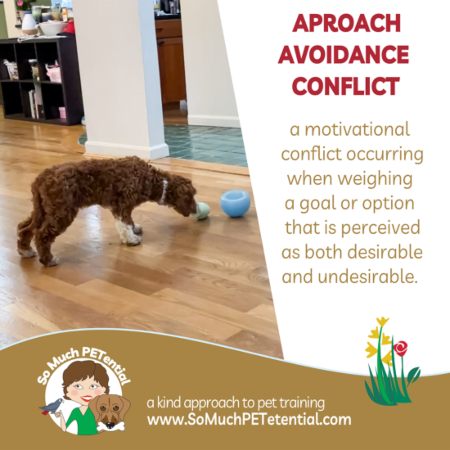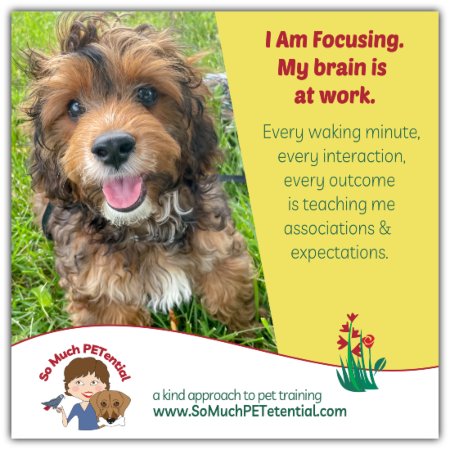Do you have or are you getting a young puppy? Getting your puppy to sleep through the night won’t happen on your first night together. It may take time. Below I share some puppy training tips to help you (and your puppy) get your night time rest.
 While every puppy is different, generally speaking, your little one will more than likely be able to sleep through the night by anywhere between 15 to 19 weeks depending on a lot of factors. Activity, schedules, and food/water intake are among them. My maltipoo, Dawson, actually began sleeping through the night within his first week with me and began sleeping in the crate in a different room within a few weeks. First, I’ll talk about what I did and then offer some general suggestions.
While every puppy is different, generally speaking, your little one will more than likely be able to sleep through the night by anywhere between 15 to 19 weeks depending on a lot of factors. Activity, schedules, and food/water intake are among them. My maltipoo, Dawson, actually began sleeping through the night within his first week with me and began sleeping in the crate in a different room within a few weeks. First, I’ll talk about what I did and then offer some general suggestions.
Getting My Puppy To Sleep Through The Night
The first time I introduced Dawson to his crate, he did not want to be in there. I spent a lot of time during this first weekend teaching him that the crate was a comfortable and safe place to rest. Please read my full story about crate training him in this blog post.
Young puppies have a lot of energy when they are awake, and evening hours can be active times. Dawson was no exception. When he was active, I played with him incorporating thinking games into our time together. About 30 minutes before I was going to go to bed. I began winding down. I took his water up about and hour and a half before bedtime; and he got no food after about 8:00 pm. I had already been working on teaching him to sleep in his crate. Just before bedtime, I took him outside for a potty break and then brought him into my darkened room where I encouraged him to enter his crate and lay on his Snuggly Puppy Heartbeat dog stuffed animal. Then I covered his crate. When he whimpered in the middle of the night, I very quietly took him outside to potty and then quietly brought him back to his crate and laid him back on his stuffed animal. He went right back to sleep. I woke up around 6:30 am to get us both started for the rest of the day.
Sometime within that first week, he stopped whimpering in the middle of the night and just slept through the night. At that point, he was so comfortable with his crate in the other room that I just kept the crate in that room. To him, it was no different than going into that crate for a nap like he had been doing throughout the day. When it was time for bed, I darkened that area and had him go into the crate in that room instead. He slept through the night. It was a natural evolution for us because I had invested so much time into crate training.
Getting Your Puppy To Sleep Through The Night
Invest the time into teaching your puppy to rest and sleep in his crate or other confinement space during the day. If past experience has taught your puppy that the crate is a place to have relaxed muscles, closed eyes, gentle breathing, and deep sleep, then it is more likely that your puppy will do those behaviors at night time too.
Make Sure Your Puppy’s Needs Are Met Throughout The Day
Puppies have a lot of needs including social, mental, physical, nourishment, and rest. Keeping a daily puppy schedule can help you ensure those needs are met with consistency. Young puppies need anywhere between around 17 and 19 or 20 hours of sleep a day (depending on the age, activity and individual). That is a lot of rest that should be scheduled throughout the day. They also need a lot of enrichment and socialization opportunities. Overly tired puppies (just like human kids) will have a higher tendency to become overly bitey, zoomy, jumpy, and prone other behaviors you probably won’t like. Work on learning when to stop play and begin calming your body language to teach your puppy to settle down. Giving your puppy a chew toy such as a bully stick can help.
Early evenings (and mornings) are often when puppies want to move. Those are good times for active games that involve mental challenge including training. An exercised puppy will have a greater need for sleeping later.
Nighttime Basic Needs
Young puppies have very little control over their bladder and bowels. In general, the larger the breed the sooner the control comes. That means, for example, don’t expect a Labrador Retriever to have control until about 12 weeks of age. For small dogs, that control may come as late as 16 weeks. It depends on your individual pet. Having said that, learning is occurring every day that you have your puppy. So, even though your puppy may not be able to hold things in as long, he is still capable of learning where you would like for him to defecate. That is why careful management, scheduling and training is so important. When it comes to evenings then, you should take your puppy out just before bed time, plan on getting up to take your puppy outside during the night, and then again as soon as you get your puppy up in the morning.
When it comes to food and water, generally speaking, it is a good idea to pick those up a couple hours before bedtime. (If you have a real small puppy, you may want to ask your vet first.)
Establish A Bedtime Routine
Begin slowing down your and your puppy’s energy that last hour before bedtime, and then especially about thirty minutes from bedtime. Do not do any active games or playtime during that time as that will cause them to be more alert. This is a good time to give your puppy something to chew on quietly. If you have a busy family, you may want to take your puppy into a room with less stimulation.
When it comes to sleep time, if you have a new puppy, place the crate near your bed especially those first few nights. Have some items in the crate to make it comfortable and soft. You can also keep your room darkened when you bring in your puppy, and your puppy may like to have his crate covered.
Bringing home a new puppy definitely has its challenges. Getting the rest that YOU need is one of them. Remember, YOU will get through this. And, so will your puppy. You have many years to enjoy ahead of you!







